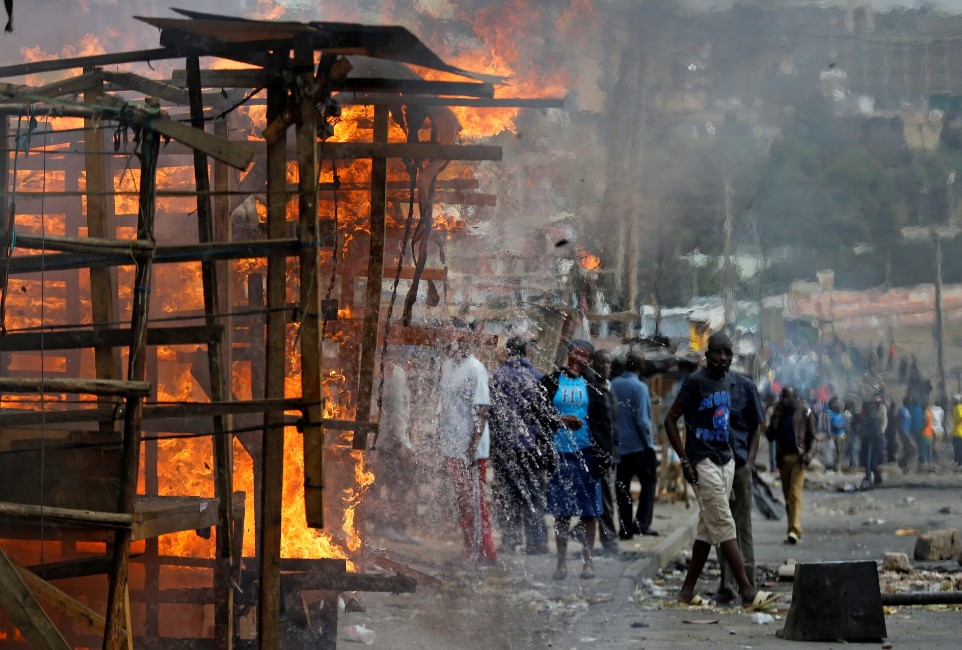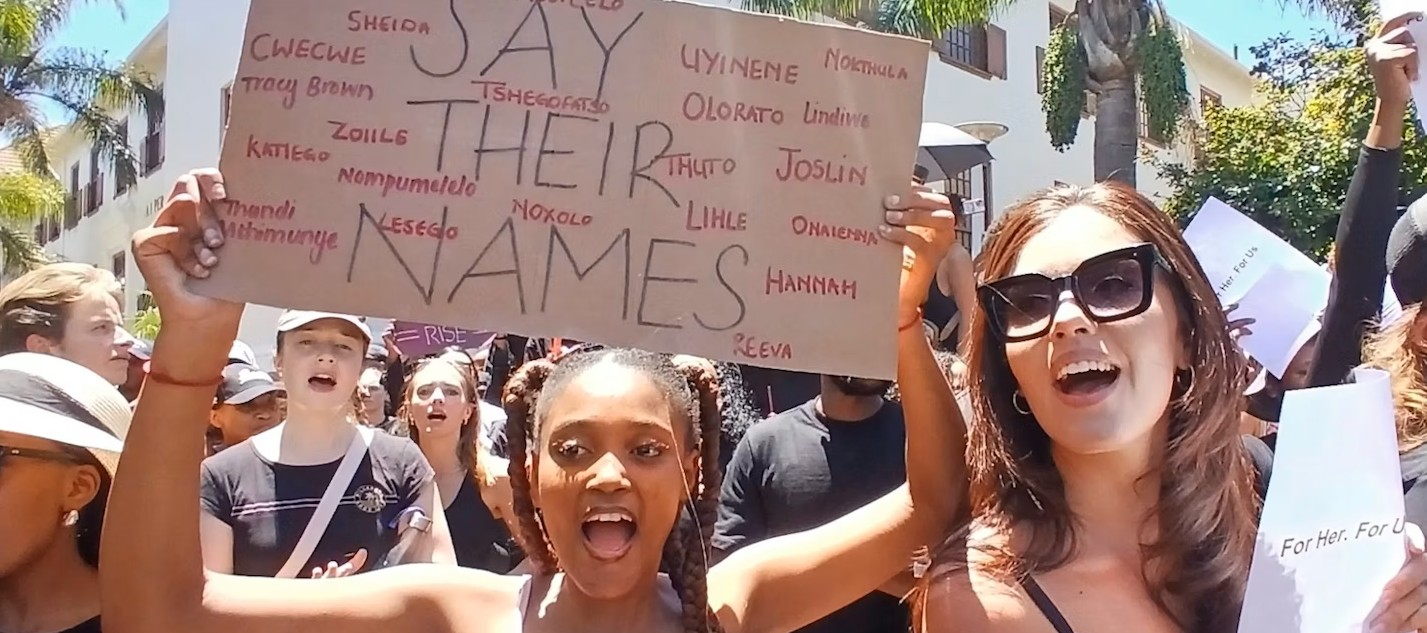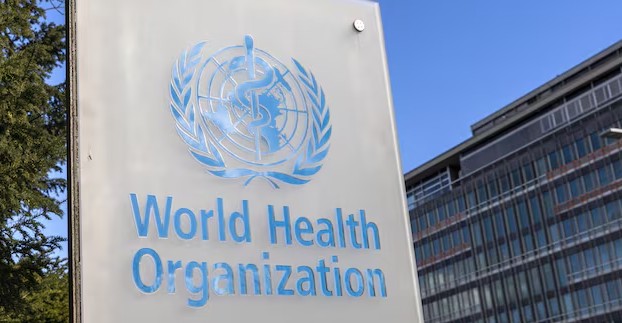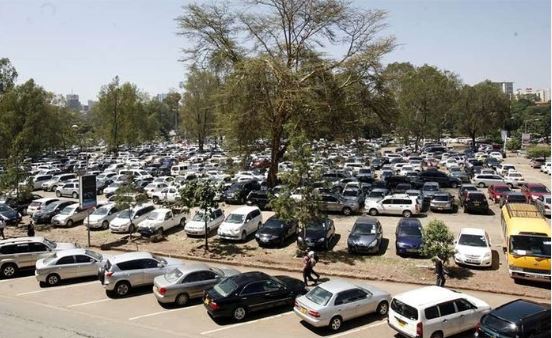Court delay in appeal case deepens pain for 2007–08 sexual violence survivors

The survivors have endured long legal processes in their pursuit of justice.
Victims of sexual and gender-based violence (SGBV) committed during the 2007–2008 post-election violence in Kenya have voiced deep frustration after the Court of Appeal failed to deliver its much-anticipated ruling on their case on Friday.
This is the second time the judgment has been postponed in a matter that has spanned over a decade. The initial date had been set for April 11, 2025.
More To Read
- ICC ends 13-year probe into Kenya’s post-election violence as two fugitives remain at large
- Civil society raises alarm over 2027 election readiness after chaotic by‑elections
- Political storm erupts as Jubilee, DAP-K accuse rivals of orchestrated violence in by-elections
- By-elections: KNCHR warns of rising tension as voting kicks off in 24 contested areas
- Police granted 20 days to probe murder of 17-year-old orphan in Garissa
- IEBC Chair Erastus Ethekon calls for tougher penalties on election offences
The survivors were informed that the judgment would be delivered two weeks later, only to be disappointed once again.
“Cumulatively, the victims have been in court seeking justice for over 12 years. For the victims and survivors of the post-election violence, after more than 17 years, this is another dark day,” reads a statement issued by interested parties.
The survivors have endured long legal processes in their pursuit of justice. They were among the many Kenyans who suffered violence during the chaos that followed the disputed 2007 presidential election.
The case before the Court of Appeal is based on constitutional petition 122 of 2013, filed by eight survivors, six women and two men. They have been supported throughout by a coalition of human rights organisations.
According to the petition, three of the women were allegedly gang-raped by police officers. The remaining three female survivors were allegedly gang-raped by civilian attackers, while the two male survivors, who were children at the time, were forcefully circumcised by ethnic militia.
In 2020, the High Court issued its judgment on the matter. It awarded compensation of Sh4 million to four of the petitioners, ruling that the State had failed to prevent or properly investigate their cases, especially where police officers were involved, or where a report had been made and not acted upon.
However, the High Court declined to compensate the remaining four survivors, saying their cases involved crimes by civilians and lacked formal reports to the police.
The survivors appealed this ruling, arguing that the state still had a responsibility to protect all citizens during periods of conflict and breakdown of law and order.
Accountability
They are also seeking to hold the government accountable for failing to put in place structures for documentation and reparation of all victims of SGBV during the post-election crisis.
The appeal has attracted wide interest from civil society. A group of organisations, including the Utu Wetu Trust, Physicians for Human Rights (PHR), Independent Medico-Legal Unit (IMLU), International Commission of Jurists – Kenya (ICJ-K), the Coalition on Violence against Women (COVAW), the Kenya National Commission on Human Rights (KNCHR), the Kenya Human Rights Commission (KHRC), and the Constitution and Reform Education Consortium (CRECO), have supported the survivors throughout the process.
In addition, Katiba Institute and REDRESS have joined the case as Amicus Curiae, offering legal insight to help the court consider broader human rights and constitutional issues.
The Court of Appeal was expected to address two critical matters. First, whether victims who were violated by civilian attackers, and who did not or could not report their cases due to chaos, trauma, or displacement, are still entitled to protection and remedy from the State.
Second, whether the High Court erred in refusing to issue structural orders requiring the State to establish systems to identify, record, and compensate all victims of SGBV committed during the 2007–08 crisis.
The repeated delays have drawn strong criticism from those following the case. Survivors and rights groups say the judicial system has failed to provide timely justice to those who suffered some of the worst atrocities during that period.
“We invite the media and Kenyans to interrogate the judiciary and the government's responses to the plight and rights of victims of gross human rights violations,” the statement from the coalition adds.
The survivors’ legal journey began over 12 years ago, but their search for justice has taken more than 17 years after the violence occurred. The repeated postponement of the appeal judgment has reopened wounds for the survivors, many of whom have waited in hope that the courts would finally deliver closure and recognition of their suffering.
Their appeal is not just about money. It is also about acknowledgement, dignity, and setting up systems that ensure future survivors do not have to endure similar struggles.
The coalition supporting the survivors argues that without state-backed reparations and formal recognition of all victims, justice will remain incomplete. They also say that in conflict situations like the one experienced in 2007–08, many survivors are unable to report attacks due to fear, trauma, and insecurity, and such realities must be factored in by the judiciary.
With the judgment now postponed indefinitely, the survivors are left in limbo, unsure of when, or if, they will ever get the answers they seek from the justice system.
Top Stories Today

















































